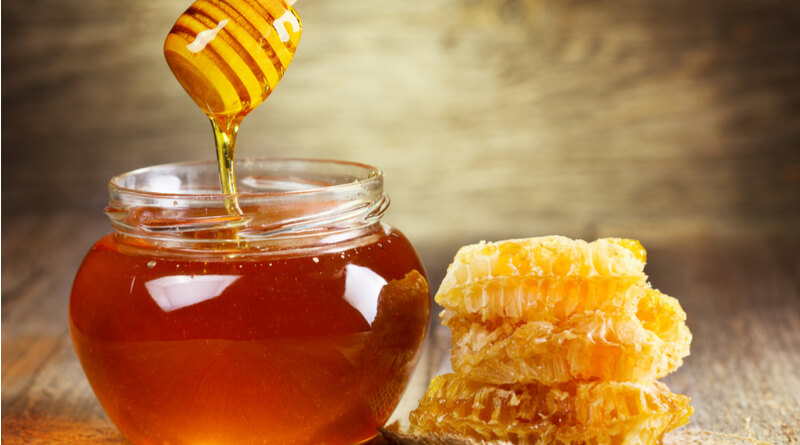Allergies can be one of the biggest degradations to living a comfortable life, especially when they are seasonal allergies. Unlike food allergies, you can’t simply just avoid the things that irritate your body and cause you to sneeze and cry. Many people have no choice but to simply suffer through the symptoms and make it to the next season without sneezing their brains out. Seasonal allergies may seem inevitable, but they can actually be regulated and maintained using your diet. Like many areas of life and health, what you eat determines what health benefits you will receive. In the case of seasonal allergies, you can actually acclimate your body to them by eating local honey.
What Are Allergies?
The term seasonal allergies is an umbrella term that includes all the various pollens that can induce an allergic reaction. When a person inhales pollen, it can begin an allergic reaction as the pollen irritates and inflames the inner workings of your body. The allergic reaction is the response that occurs when your body perceives the pollen as an alien invader, basically bacteria or a virus.
Some of the symptoms of an allergic reaction include:
- Sneezing
- Watery and itchy eyes
- Sore throat
- A runny nose
- Headaches
- Coughing
- Trouble breathing
How Does Eating Local Honey Help?
The idea behind treating seasonal allergies by eating local honey is actually pretty simple. Essentially, the idea is to turn the honey into a type of allergy shot. The local honey contains traces of local pollen that is collected by the bees living in the area. When you consume honey, you will be exposing yourself to a small amount of the local pollen. This will allow your body to build antibodies to the allergens. Of course, you can’t just sprinkle some honey on your oats in the morning and get this benefit. You need to go on a major honey diet for about an 8 week period.








